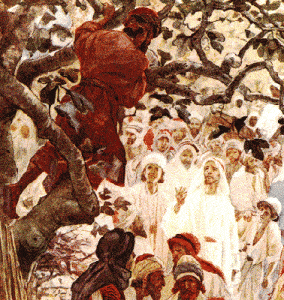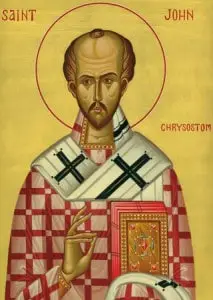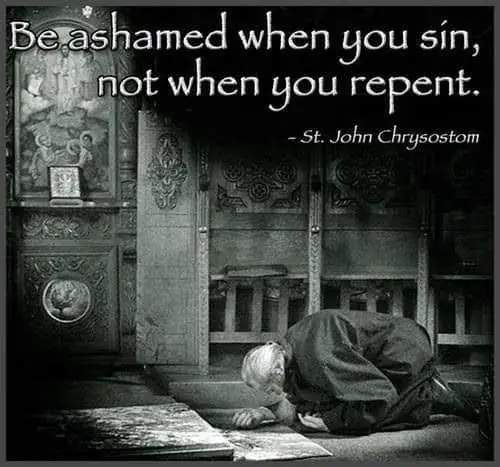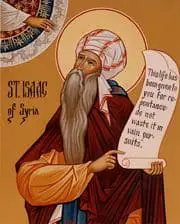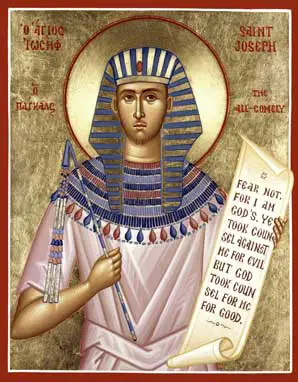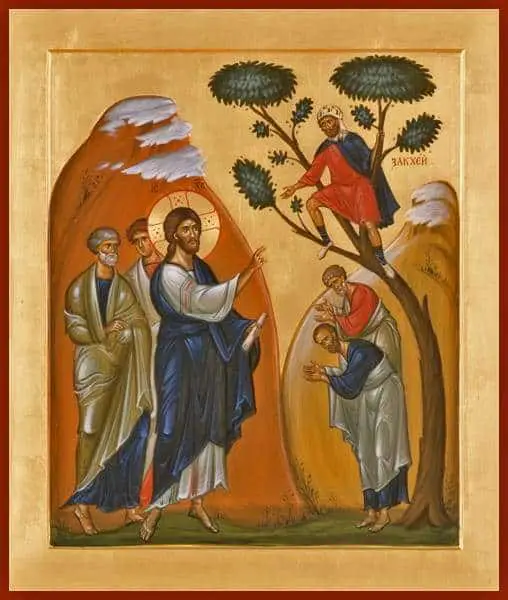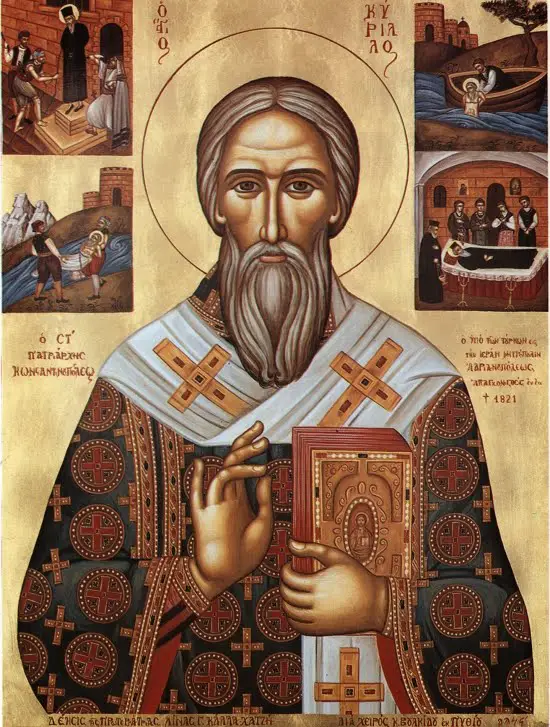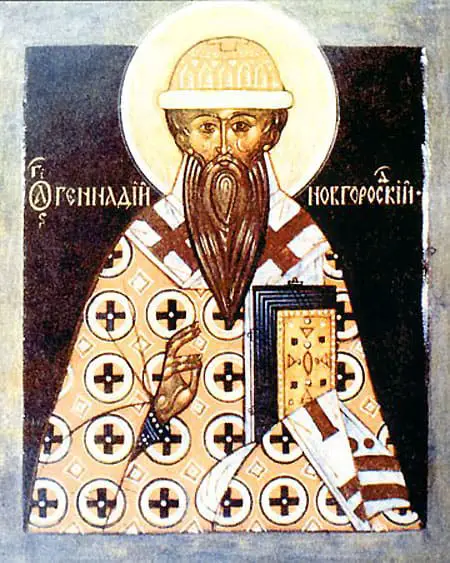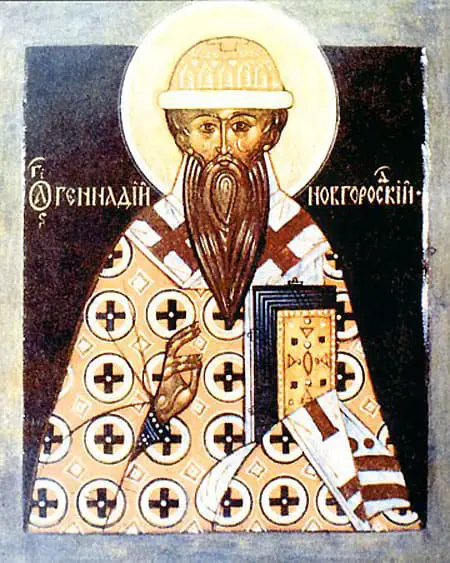For just as the Lord was sent to us
from the Father’s bosom [John 1:18] to save us all,
So the youth Joseph from Jacob’s bosom [Gen 37:13-14]
was sent to enquire about his own brothers.
And just as Joseph’s harsh brothers,
as soon as they saw him approaching,
began to devise evil against him,
though he was bringing them peace
from their father, so the Jews also,
ever hard of heart, as soon as they saw
the Saviour, said, ‘This is the heir [Matt 21:38],
let us kill him, and all will be ours’.
And just as Joseph’s brothers said,
‘Let us do away with him, and let us be set free
of his dreams’, [Gen 37:20] in the same way too
the Jews said, ‘Come, let us kill
him and lay hold on his inheritance’.[Mat 21:18]
Joseph’s brothers, while eating,
sold him, slaying him in intent.
In the same way too the abominable Jews,
while eating the Passover, slew the Saviour.
The descent of Joseph into Egypt signifies
the descent to earth of our Saviour.
And as Joseph within the marriage chamber
trampled down all the strength of sin,
putting on the bright prizes of victory,
against the Egyptian woman, his mistress,
so too the Lord, the Saviour of our souls,
by his own right hand, descending into Hell,
destroyed there all the power
of the dread and near invincible tyrant.
When Joseph had conquered sin
he was put in prison until the hour of his crowning;
so too the Lord, that he might take away
every sin of the world, was placed in a grave.
Joseph in prison spent two whole years,
passing his time in great freedom [cf Gen 39:21-23]
while the Lord, as powerful, remained
in the tomb for three days, not undergoing corruption.
Joseph, on Pharao’s order, was brought out
graciously from prison, as a true type,
when he easily interpreted the meaning of the dreams,
indicating the abundance of grain that was going to be;
while our Lord [Jesus Christ] was raised from the dead
by his own power, despoiling Hell,
offering to the Father our liberation,
proclaiming resurrection and everlasting life.
Joseph took his seat in Pharao’s chariot,
having received authority over the whole of Egypt;
while our Saviour, king before the ages,
ascending into heaven on a cloud of light,
took his seat with glory at the Father’s right hand,
above the Cherubim, as Only-begotten Son.
When ruling over Egypt, Joseph
having received authority against his enemies
his brothers were brought willingly
before the tribunal of the one who had died through them;
they were brought to prostrate with fear and trembling
before the one who had been sold by them to death;
and with fear they prostrated before Joseph,
whom they had not wanted to be king over them.
But Joseph, recognising his brothers,
revealed them as murderers by a single word;
but they, when they realised, stood dumbfounded
in great shame, not daring to utter,
not having anything at all to say in their defence,
knowing exactly their own sin
at the moment when they sold him;
while he, who seemed to have been destroyed by them in Hades,
was suddenly found to be ruling over them.
So too on that fearful day,
when the Lord comes on the clouds of the air,
he takes his seat on the throne of his kingdom,
and all his enemies are brought bound
by fearsome Angels before the judgement seat,
all those who did not want him to rule over them.
For the lawless Jews thought then,
that if he were crucified, he would die as a human;
the wretches not being persuaded that God had come,
for salvation, to save our souls.
Just as Joseph said quite openly
to his brothers, making them fear and tremble,
‘I am Joseph, whom you sold [into slavery],
but now I rule over you, though you did not want it’. [Cf. Gen 45:4]
So too the Lord shows the Cross
in an image formed of light to those who crucified him,
and they recognize the Cross itself
and the Son of God waho was crucified by them.
Know how accurately Joseph became
a true type of his own Master.
+ St. Ephraim the Syrian, Excerpt from “Sermon on Joseph the Most Virtuous”, translation by Fr. Ephraim Lash
Read the full sermon at http://anastasis.org.uk/Joseph.pdf
